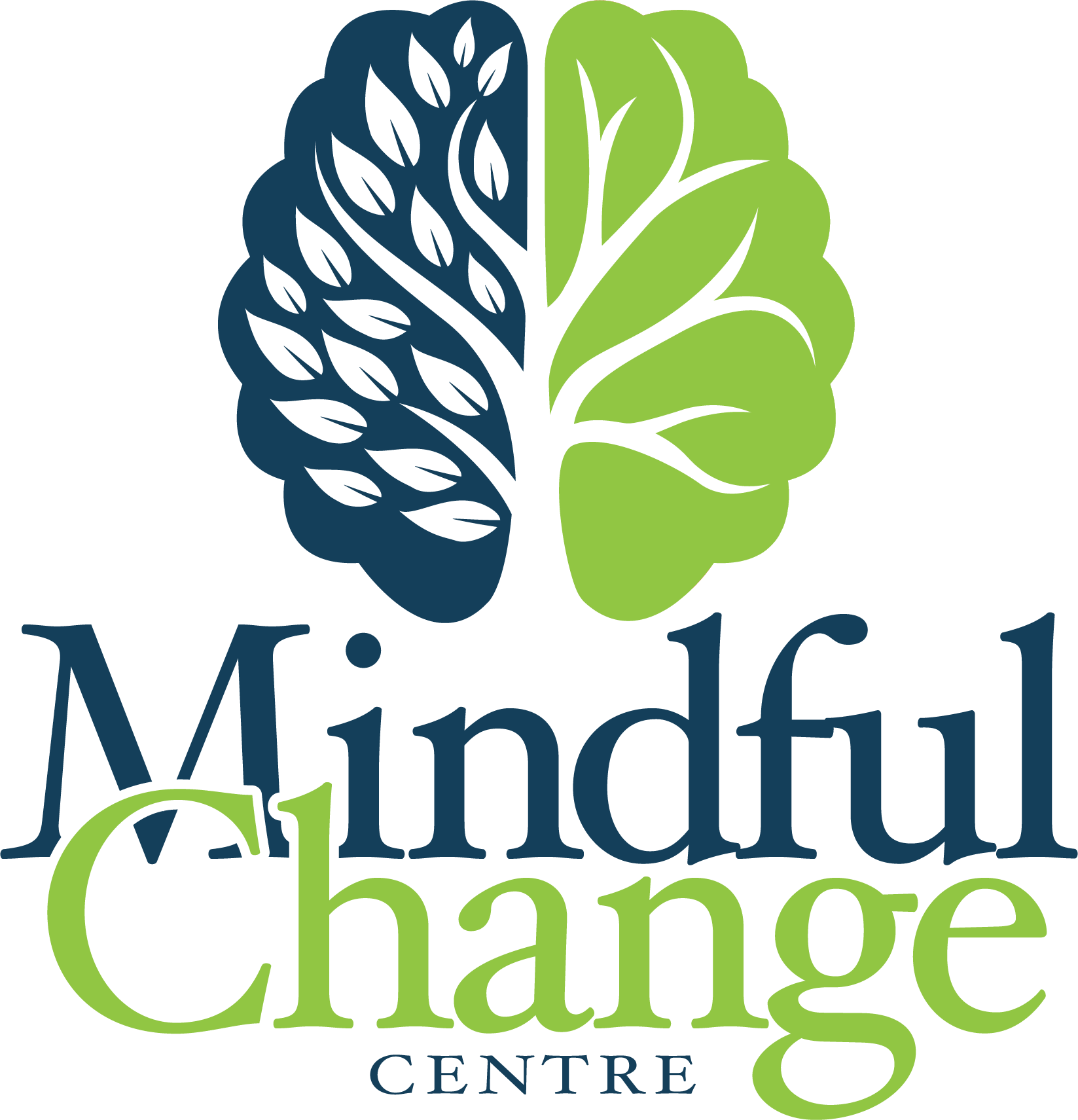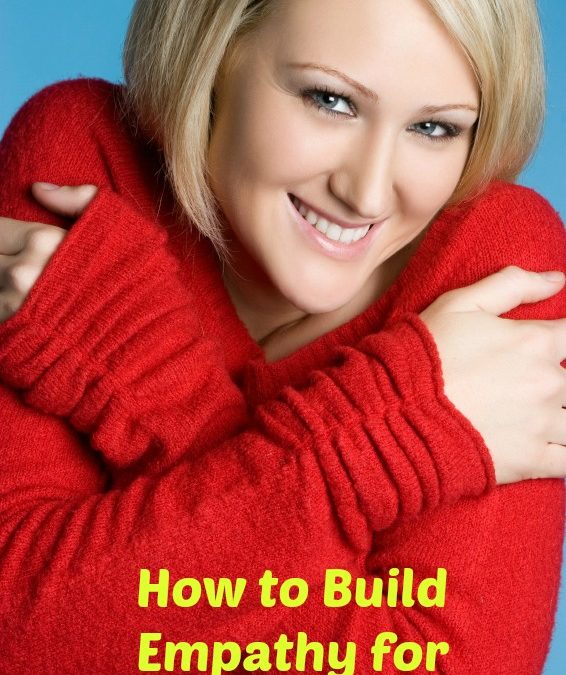“Look at the shoes of the people around you – ones you love and ones you don’t know. Take a moment and step into them. Imagine their experience, their struggles, their hopes and dreams…Don’t judge them – wish them well, wish them everything you want for yourself.”
~ Sara Lahey
The above quote is all about empathy. It’s the ability to understand and share the feelings of another, even if that means setting aside your biases and perspectives temporarily.
Or, as Atticus in To Kill a Mockingbird said, “You never really understand a person until you consider things from his point of view…until you climb in his skin and walk around in it.”
If you’ve watched any of the circus that is the US Presidential election this year, you’ve probably noticed that empathy is in short supply on both sides.
However, I’m not going to talk about the election because it gets plenty of coverage, and the facts and farce are out there if you’re interested.
But I would like to come back to the idea of figuratively putting yourself in someone else’s shoes or skin. And I’d like to add a twist.
Make that someone a younger version of yourself going through a challenging time or a period of feeling like a failure.
Step back into that moment and practice empathy. Feel what your younger self felt. Be aware of the noises, sights, smells, thoughts, and feelings.
Let yourself experience everything about the moment, and then let your adult brain and life lessons take a look at the situation.
A Twist
And then, look at and evaluate your younger version as though it isn’t you.
You see, love and kindness in society are built entirely out of our ability to empathize with others.
But understanding (and maybe forgiving and loving) ourselves—seeing the past as it was instead of through rules and biases you apply only to yourself— often means putting someone else in your shoes and skin.
Only then can you feel empathy for the version of you who went through a challenging experience, faced temporary failure, or dealt with trauma.
You might have FELT like a failure, not smart enough to figure out a solution, or as though you did something that caused another to hurt you before.
But when you put a random stranger into the same circumstances, and you have an adult brain and experiences, it’s obvious that you were doing the best you could with the knowledge and skills you had at the time.
Empathy makes the world a better place and each of us better humans, but it isn’t just for strangers.

